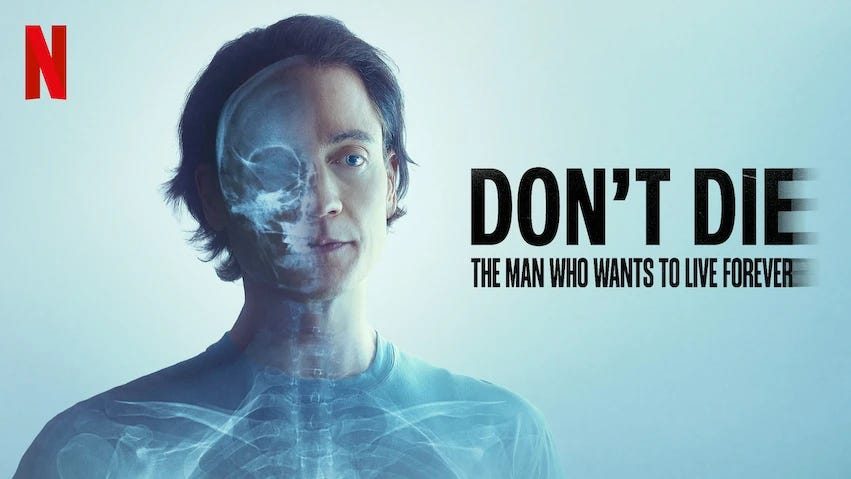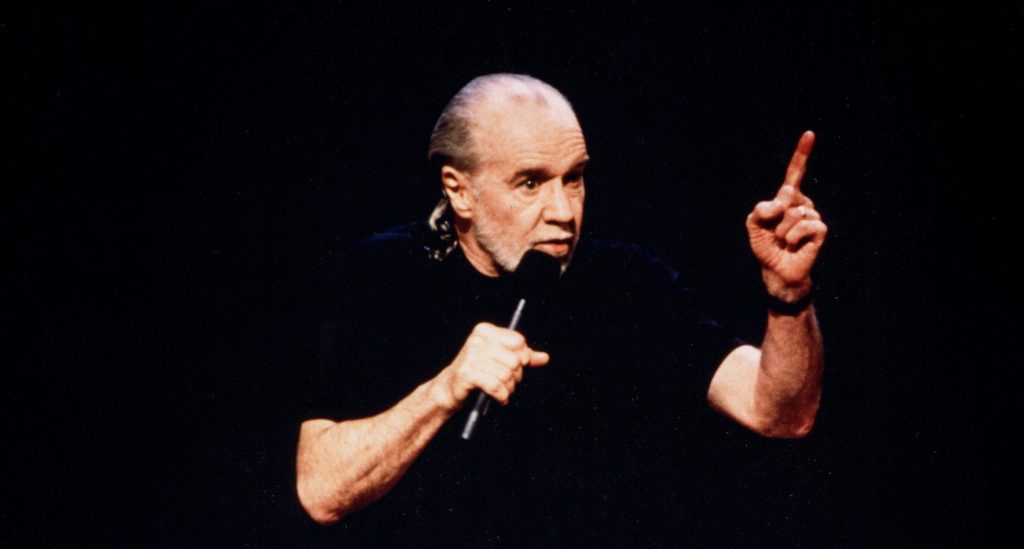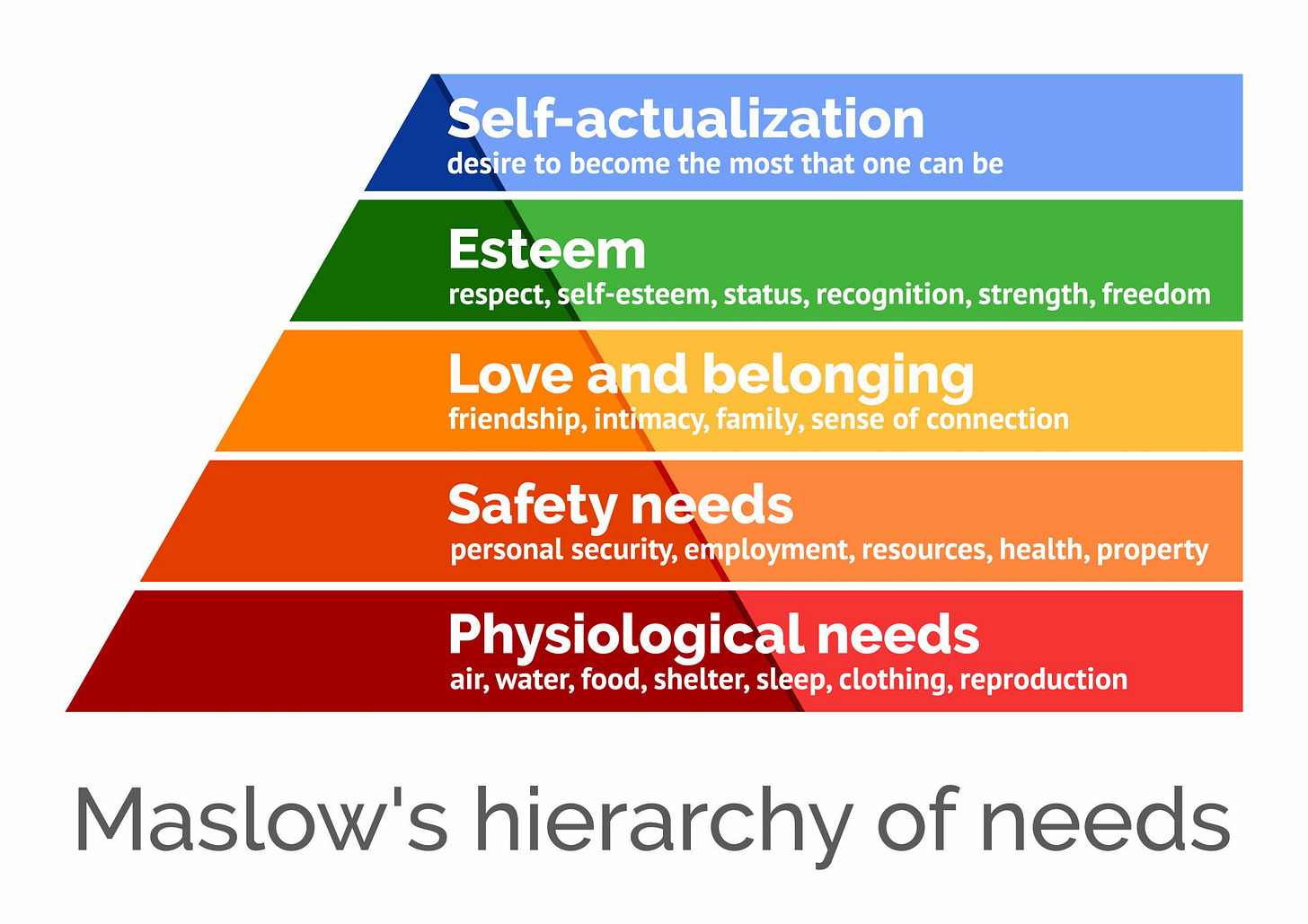Prepare to become totally irrelevant (even though you already are and always have been)
AI will totally destroy your way of life, and you're not ready. History shows exactly how this will shake out. I do have some good news, though.
During the height of Russian imperial power, there was a cohort of people referred to as “superfluous men” (лишний человек or lishniy chelovek). Russian aristocracy was structured in such a way that only the firstborn males of a family really had any purpose or function. They owned the property, enjoyed the privileges of the peerage, and had political functions. Second and third sons? Not so much.
To make matters worse, Russia’s political climate was quite dysfunctional, meaning that nobility and aristocrats had very little to do unless they were in the good graces of the imperial court. That meant that a lot of the landed gentry had little beyond their title and family wealth, but not much else to do.
Imagine that? Russia couldn’t find anything useful for otherwise bored, educated men to do. Shocker, I know.
But what makes this interesting is that we can get a glimpse at what it’s going to be like to be economically, socially, and politically irrelevant in the future by peering into the past.
Now, before you think “damn Dave, you’ve really drank the Doomer Kool-Aid” I want to point out it that it’s not all bad. Russian imperial life was actually a lot of fun, so long as you didn’t cross the wrong people and get poisoned or stabbed. They had some the best parties in Europe, with the most booze, drugs, and beautiful women you could imagine.
Chief among these debauched extraneous men was Prince Felix Yusupov, who was famously responsible for the assassination of Rasputin. Felix got up to all sorts of nonsense, and was famously extravagant, or “extra” as the kids say these days.
What happens when a bunch of rich, bored, scheming Russians sit around with nothing better to do?
They cause trouble.
Now, I’m not saying that all of society will devolve into pure hedonism and social jockeying—not that this would be the worst thing in the world—but there’s a deeper current here, a soul-crushing problem of purposelessness.
When you live in a society that has no use for, when you’re trapped between your family title and meaningful participation, you just have to find ways to entertain yourself.
It reminds me of my wife’s friend, who spends a lot of time volunteering in prisons: “Prison life is difficult precisely because you have a bunch of highly intelligent men with nothing better to do than make life hard for each other.”
For some people, trolling really just is a way of life.
We already see this with internet culture, don’t we? Terminally online people drowning in anxiety and directionlessness, lacking connection and support. What will all these people do with even more time on their hands?
Not a pretty picture, right?
It’s a crisis of meaning, purpose, mission, and most importantly, of connection.
Now that I’ve got your attention with all this catastrophizing, here’s the good news: this is actually a very easy problem to solve, in theory. Easier said than done, though.
What does it take to make a human happy?
This is not a rhetorical question, or a trick question. If you ask a philosopher, like Nick Bostrom, you get a 600 page ramble called Deep Utopia. However, if you ask a psychologist, you might get a few different frameworks, like the famous (but useless) Maslow’s Hierarchy of Needs.
I’m not saying that these are not “true needs” but what I am saying is that this “stack” is not particularly accurate empirically speaking, and as far as frameworks go, it’s pretty useless because it does not offer prescriptions of how to actually be happy.
Think of it this way: Russia’s “superfluous men” had the bottom four layers solved for them. Nobility, social status, family wealth, position in society. All the food and shelter they could need.
Were they happy?
Well, they certainly had their dopamine fix. But you don’t create an entire literary trope called “superfluous men” about a gaggle of happy, satisfied people. To be fair, are there any happy Russians? Maybe that’s just an oxymoron…
Diagnosis? Maslow’s Hierarchy is not helpful.
There’s a far more useful framework that I’ve used for a long time that is both scientifically validated AND prescriptive (i.e. “just follow these steps and you will be happier”)
That framework is Roger Walsh’s TLC (Therapeutic Lifestyle Changes).
I’m not going to bore you to death with the TLC framework. If you want to learn more, here’s a Deep Research into it: https://chatgpt.com/share/67d6a185-ed24-800b-988a-43267bacb8ca (this is a thoroughly well researched, cited, and supported research paper, concocted entirely by OpenAI’s Deep Research tool)
Let’s look at some modern day “superfluous” people: the internet celebrities like Bryan Johnson who “made it” as entrepreneurs and can live as socialites. What do they do? They invent a new purpose. A new mission.
Bryan, of “Don’t Die” fame, could have just rested on his laurels. He made mad bank as a tech founder and could have just lived out the rest of his days optimizing his health and dancing awkwardly at Burning Man.
The world has no prescribed place for someone like Bryan. No life path, no niche carved out for him saying “Ah, yes, this is now your station in life.”

He faced the “problem of choice.” The TLDR of this is that human brains don’t do well with a blank page. Too many options results in analysis paralysis.
So what did he do instead? He found something to give a shit about.
The paradox of freedom is that you can do anything, be anything, say anything, and think anything. But there’s also no roadmap. There’s no one book or coach or life plan that would work for you. You must be a trailblazer and forge your own path.
Right now you might be thinking “Gee Dave, thanks, this clears it right up. Very helpful.”
I’ve gone through the crucible of facing my own irrelevance. I saw the rise of AI and said “I am going to get left behind.” So I pivoted hard. I built a YouTube channel, and now a writing platform, sometimes working 16 hours a day to the point I had the weirdest neuralgia (my entire back went numb during one of my book writing sprints). I don’t necessarily recommend this, but I found something I cared about obsessively.
The key is simple: go all in.
There is no substitute for passion, and unlike the Russian Imperial court, our Western society will not put shackles on you, saying “stay in your lane, know your place, and just be happy there.” China is doing that, and that is why China will never fully overtake the West.
By the way, I still get that comment, “stay in your lane.” It kind of amuses me. If I’d “stayed in my lane” my entire life, I’d still be in IT infrastructure automation, miserable, angry, depressed, and sick. Never allow other people to project their limitations onto you.

My boy George once said “I don’t have pet peeves, I have psychotic fuckin’ hatreds!” This is the kind of full-tilt passion I’m talking about.
I’ve started seeing more and more questions and comments out there in my audience along these lines. They go something like this, “I’m bored, listless, and I have no idea what to do.”
Welcome to the problem of choice, friend. Welcome to staring down the barrel of the existential shotgun known as “you are irrelevant!”
But guess what? You always were irrelevant. You just woke up to the fact because you’re no longer scrambling to make ends meet. Even if you’re reading this and you’re barely treading water, you probably understand, deep in your soul, that the entire world is going to change, and that scares the ever-living shit out of you. You recognize that your current way of life is unraveling and it will come to an end. But how? When? And what exactly will change?
Welcome to the Void!
This is what I call Postnihilism. The revelation that you were always irrelevant, the world never needed you, and you never actually had any responsibility except that which you accepted and wore because society told you to.

I differentiate Nihilism (which says that it’s all meaningless and always will be) from Postnihilism by asserting that the Nihilistic Crisis is actually a short-term thing, and that people like Nietzsche actually failed to get through the crisis. Many people get bogged down in the hopelessness, despair, and end up focusing on things like money, wealth, and power. The fact that Nietzsche saw power as its own end, as the only thing worth striving for, is proof positive that he never figured it out.
I’ll close out with an evisceration of Nietzsche and the optimistic nihilist outlook:
Nietzsche mistook the mechanism for the meaning, trapped in the very nihilistic crisis he so eloquently diagnosed. His personal suffering—the migraines, the isolation, the unrequited loves—colored his philosophical vision until power became not just his answer but his entire framework. The will to power seemed to him both the means and the end, the Alpha and Omega of human existence. Yet power itself is merely a tool, a mechanism through which meaning might be expressed, not the meaning itself.
What Nietzsche failed to see while squinting through his pain-clouded vision was that matriculating through nihilism requires more than merely identifying its presence. He recognized the abyss but never truly crossed it. Instead, he built his philosophical home on its edge, peering down and declaring that the only response was to seize power in a meaningless cosmos. This stance bears the mark of someone who remained trapped in crisis rather than transcending it.
The “optimistic nihilists” who followed made a different but equally incomplete journey. They saw the void of inherent meaning and celebrated their freedom to assign arbitrary significance to anything. They declared themselves gods of their own mini-universes, creating meaning through sheer force of will. This approach contains a kernel of truth but misses the deeper reality that meaning cannot simply be manufactured in isolation.
What both Nietzsche and his optimistic successors missed is that meaning emerges primarily through connection. We find purpose not merely in what we decide to care about individually, but in the web of mutual vulnerability we share with others. The most profound meaning comes from mattering deeply to your tribe—those six to twenty close friends and family who know you, see you, and need you. These mutualist relationships create a context where your existence is necessary to others in tangible, daily ways.
The irony is that Nietzsche, who wrote so much about masks and social performances, never fully grasped that meaning lives in the space between people. Perhaps his isolation prevented him from experiencing the simple truth that when someone truly needs you to show up—and you need them in return—nihilism loses its sting. Caring about something might begin the journey out of nihilism, but mattering to someone completes it.
The more I gave a shit about AI and humanity, the more a tribe formed around me.
TLDR: Have the moral courage and energetic conviction to give a shit. Build a tribe. You’ll be fine.
PS. If you “don’t care about anything” then focus on what you’re afraid of. What are you too afraid to care about because it feels too big or out of reach? Start there. I did.







This article is brilliant and beautiful! I'd only add the necessity of maturing emotionally. Cultivating heart-centered emotions like love and gratitude has to be part of the post-labor equation if we don't want society to devolve into violence and bs hedonism. People will be angry with society for depriving them of meaning (even it was crap meaning), and they'll connect in ways that are angry and violent. Those who are able to see the opportunities for real growth in this crisis will have some important work cut out for them in leading by spiritual example.
Glad to see the callout for a better (and more modern) framework for wellbeing. Maslow's hierarchy fails to capture the depth of modern human experience, and TLC is arguably more researched and a better fit for our times. Roger's shamanistic background helps, too.
Connection (human connection) is the answer. It feels increasingly like the answer when you think about the implications of AGI/ASI.
The boredom and listlessness so many people have mentioned online is increasingly evident. Think about all the people that are experiencing this and aren't posting online. It was already a crisis, and AI is going to inevitably make a colossal problem. I fear hedonism will take people for a ride before waking up to the true existential answer to this problem. The only way out is in.